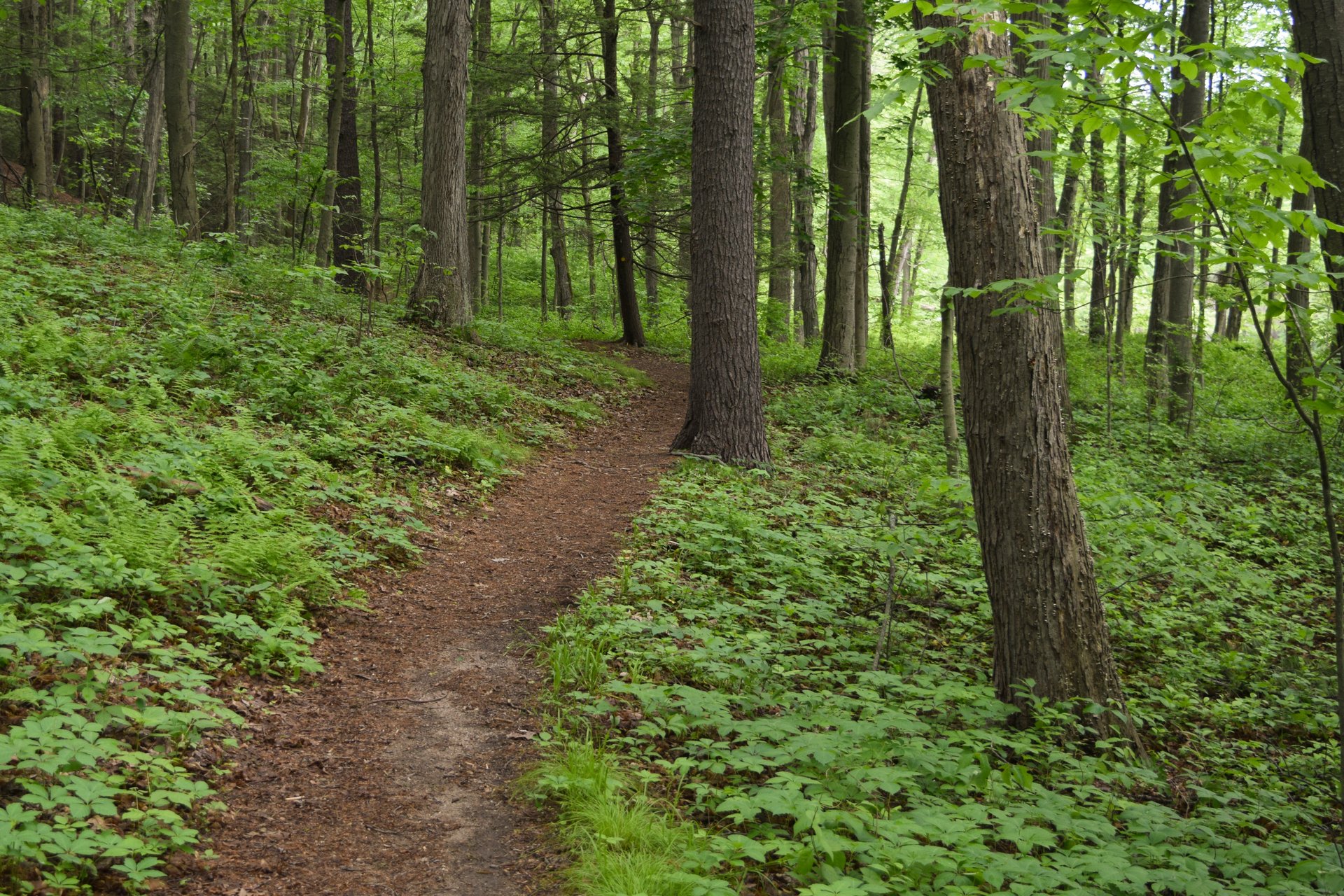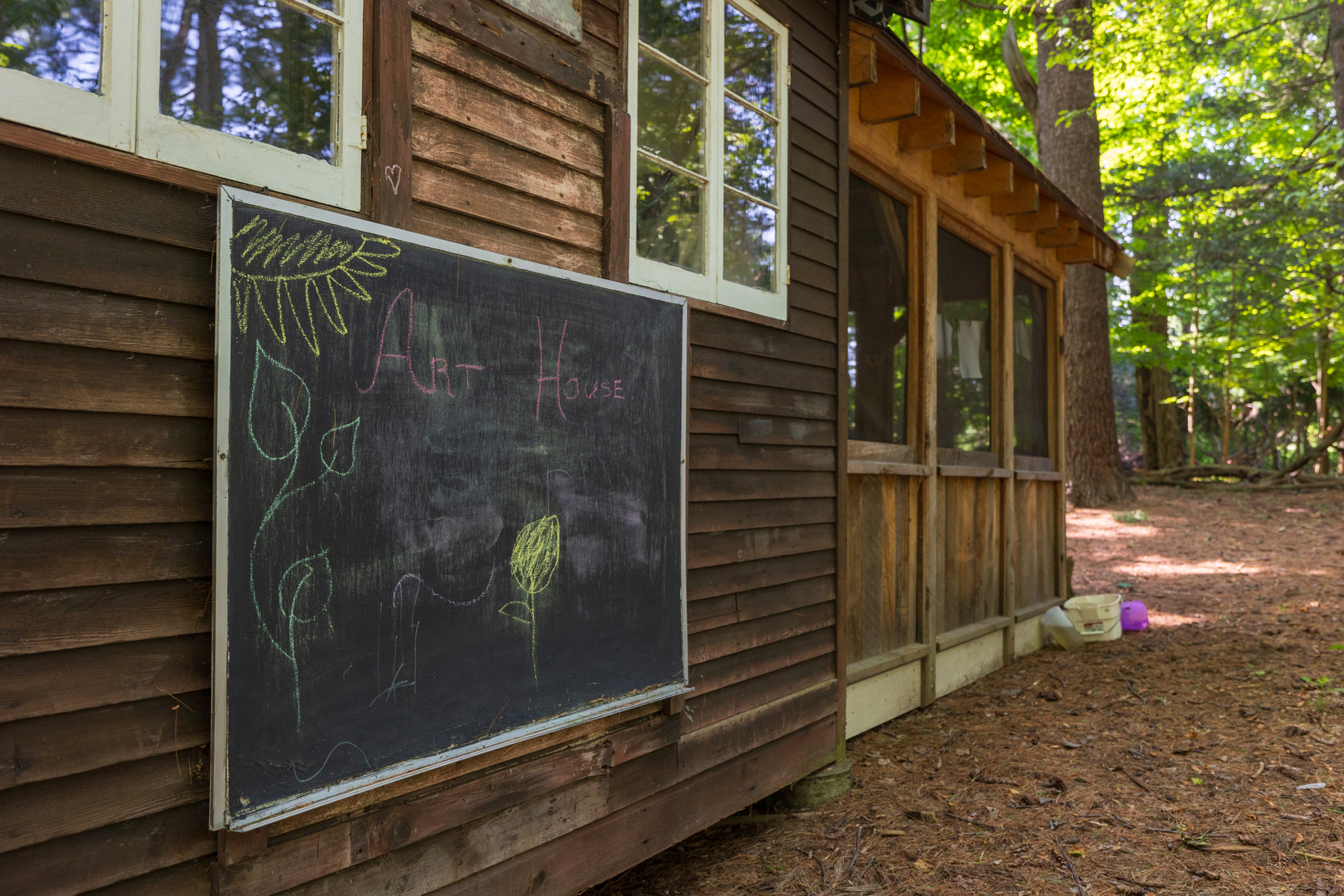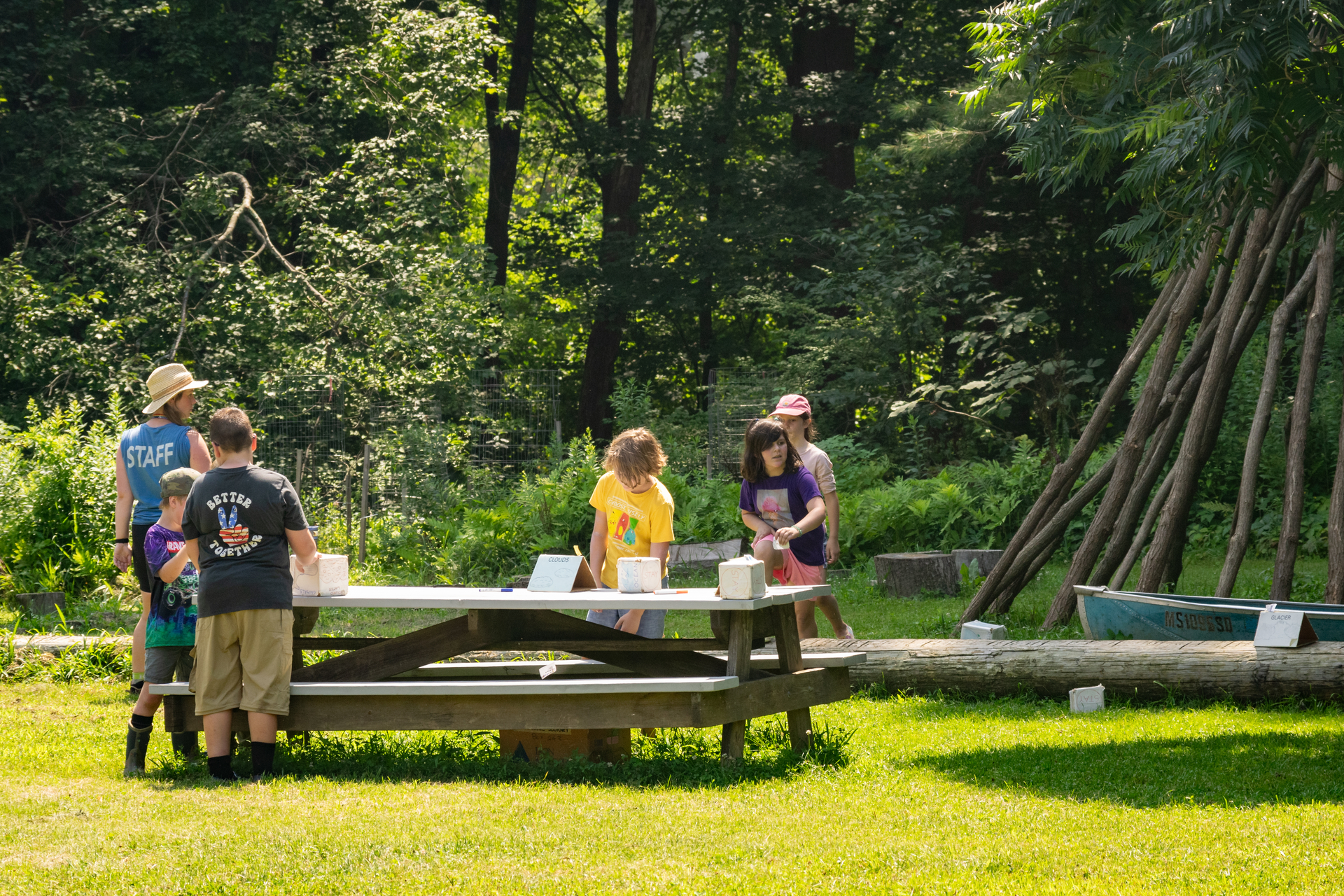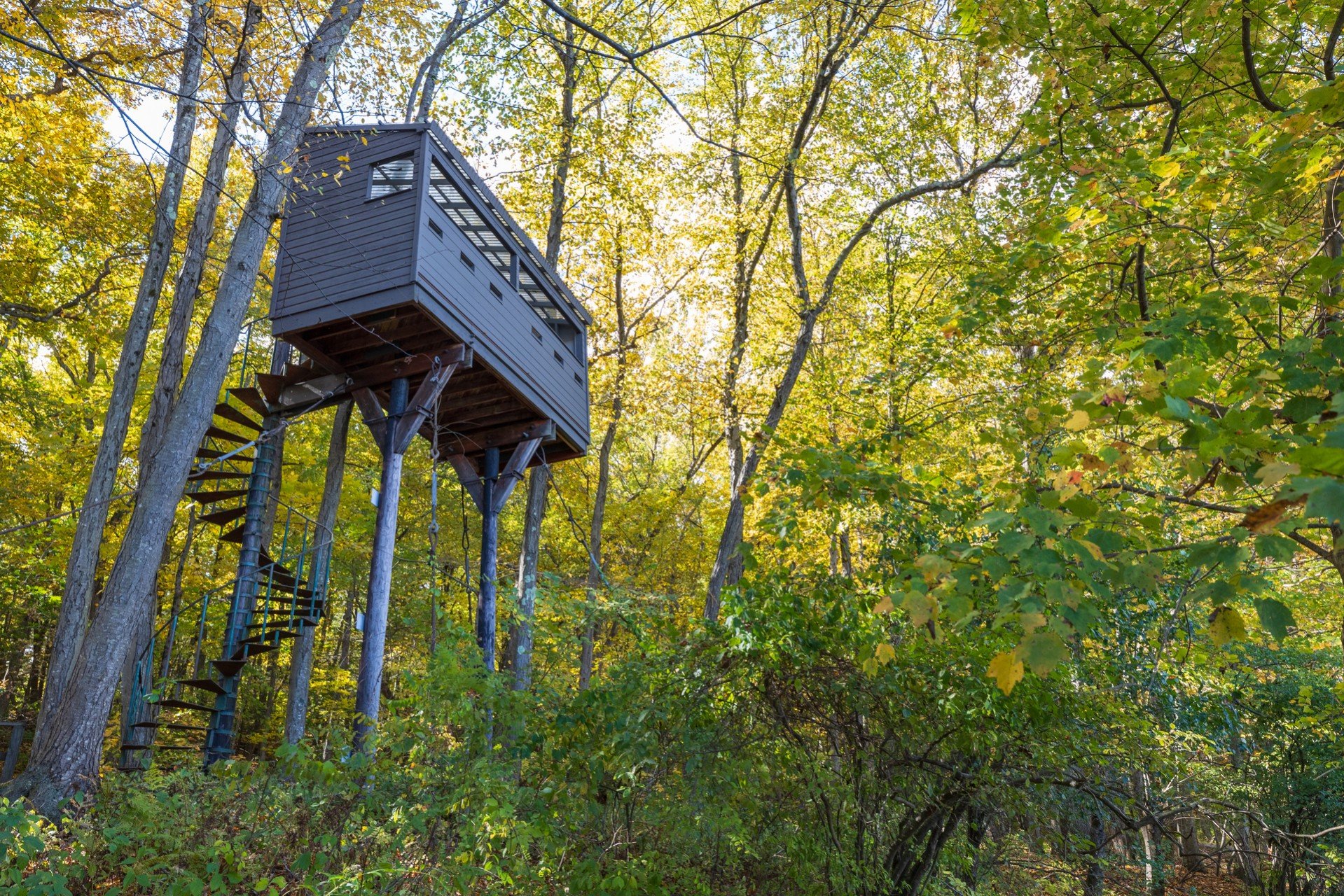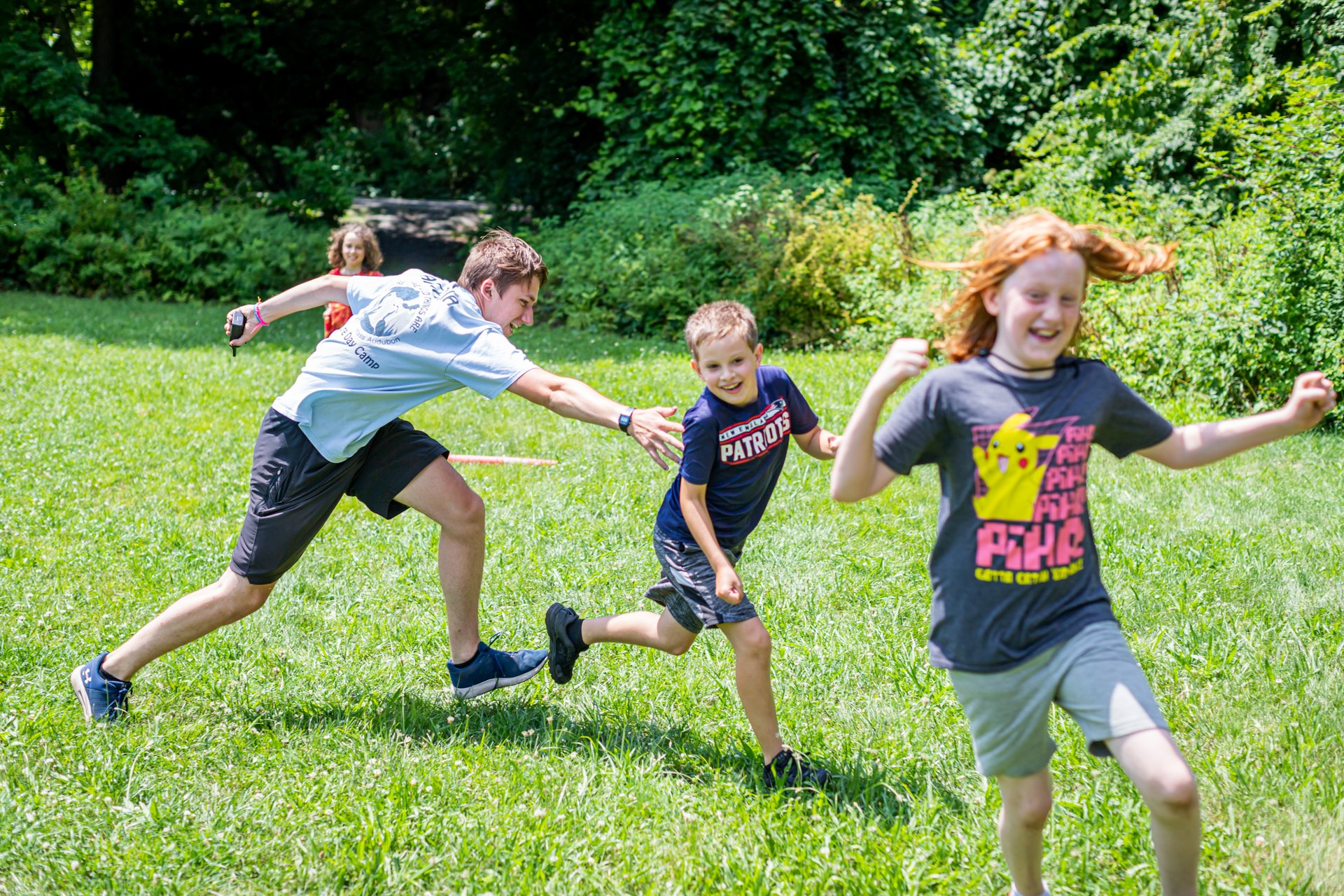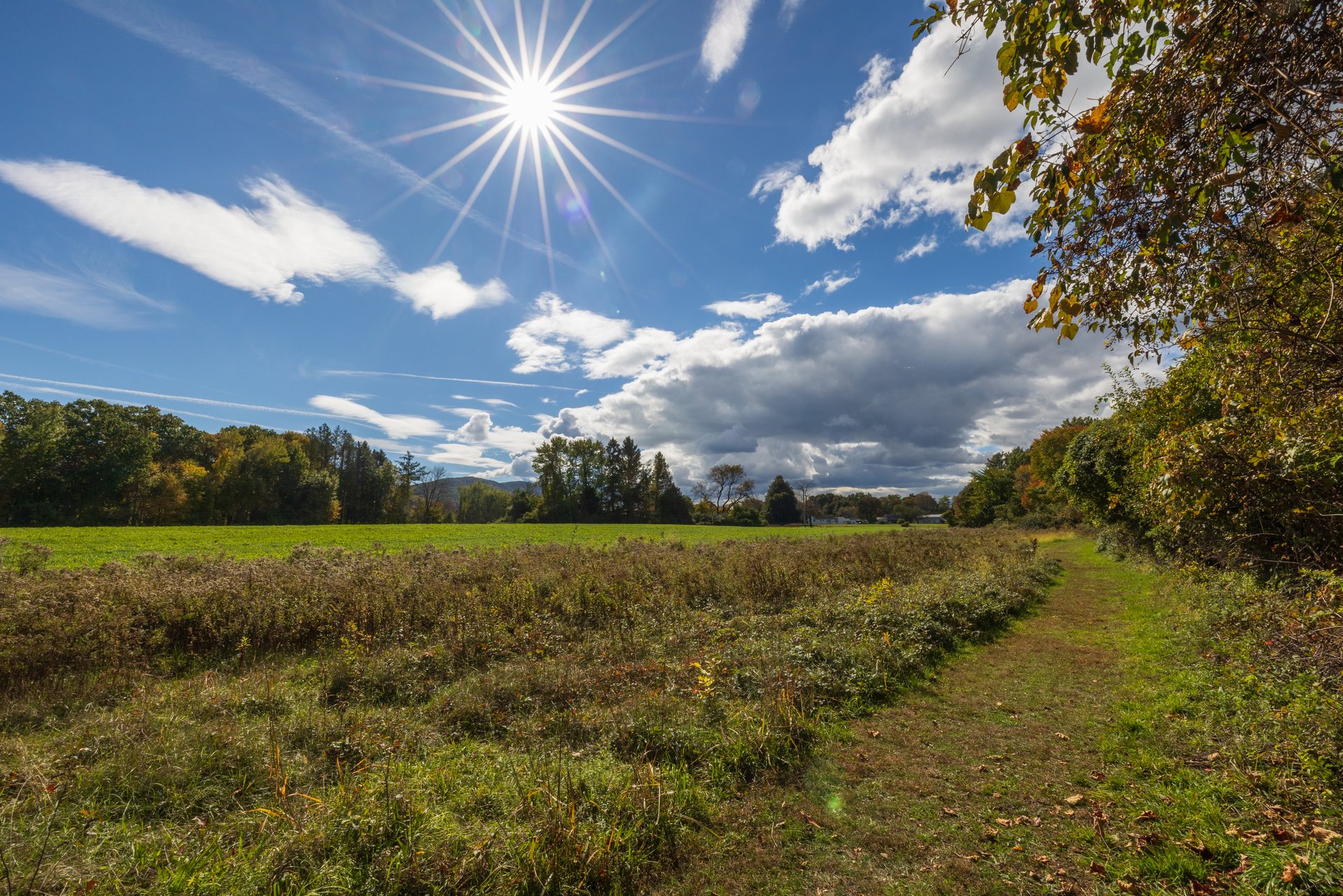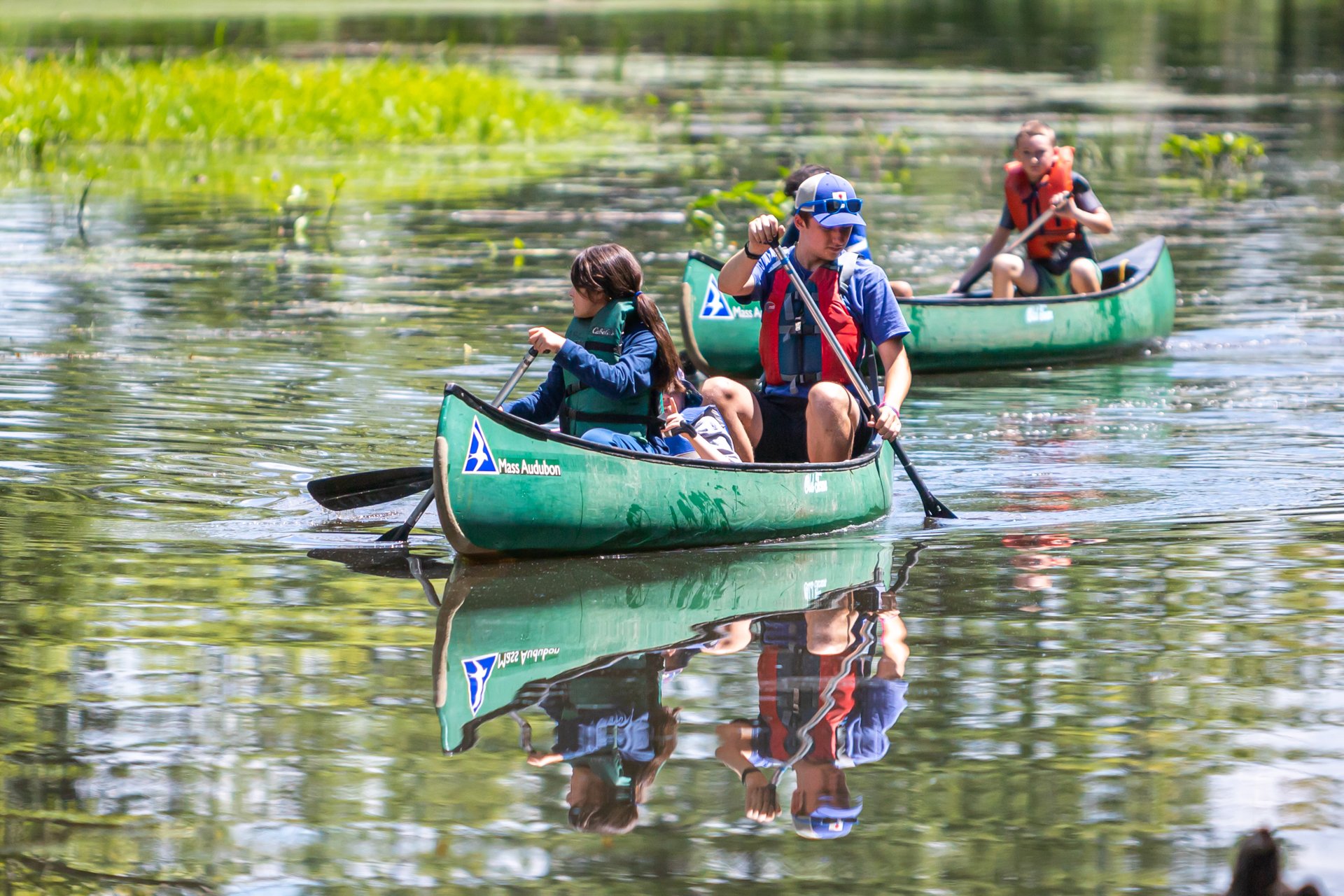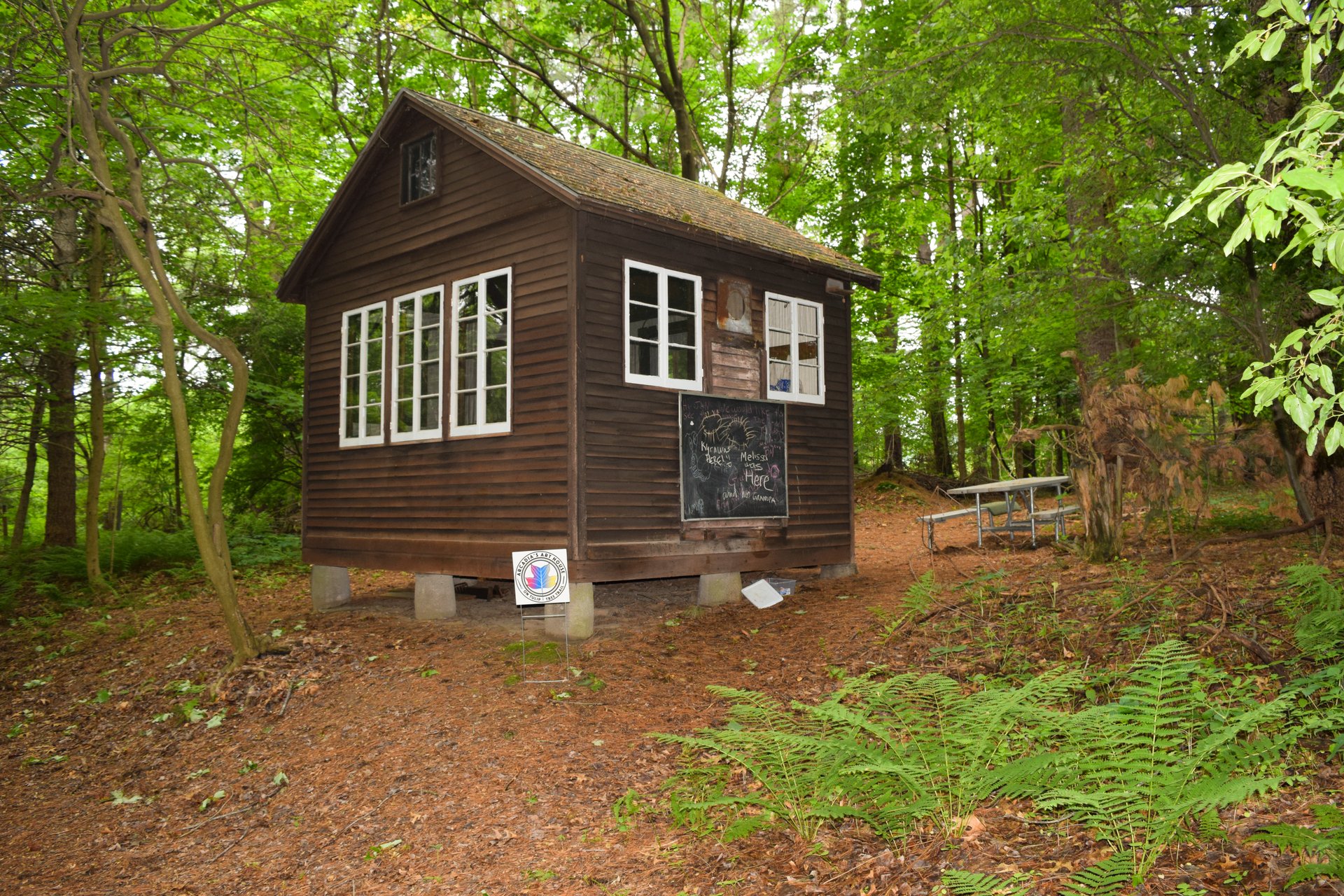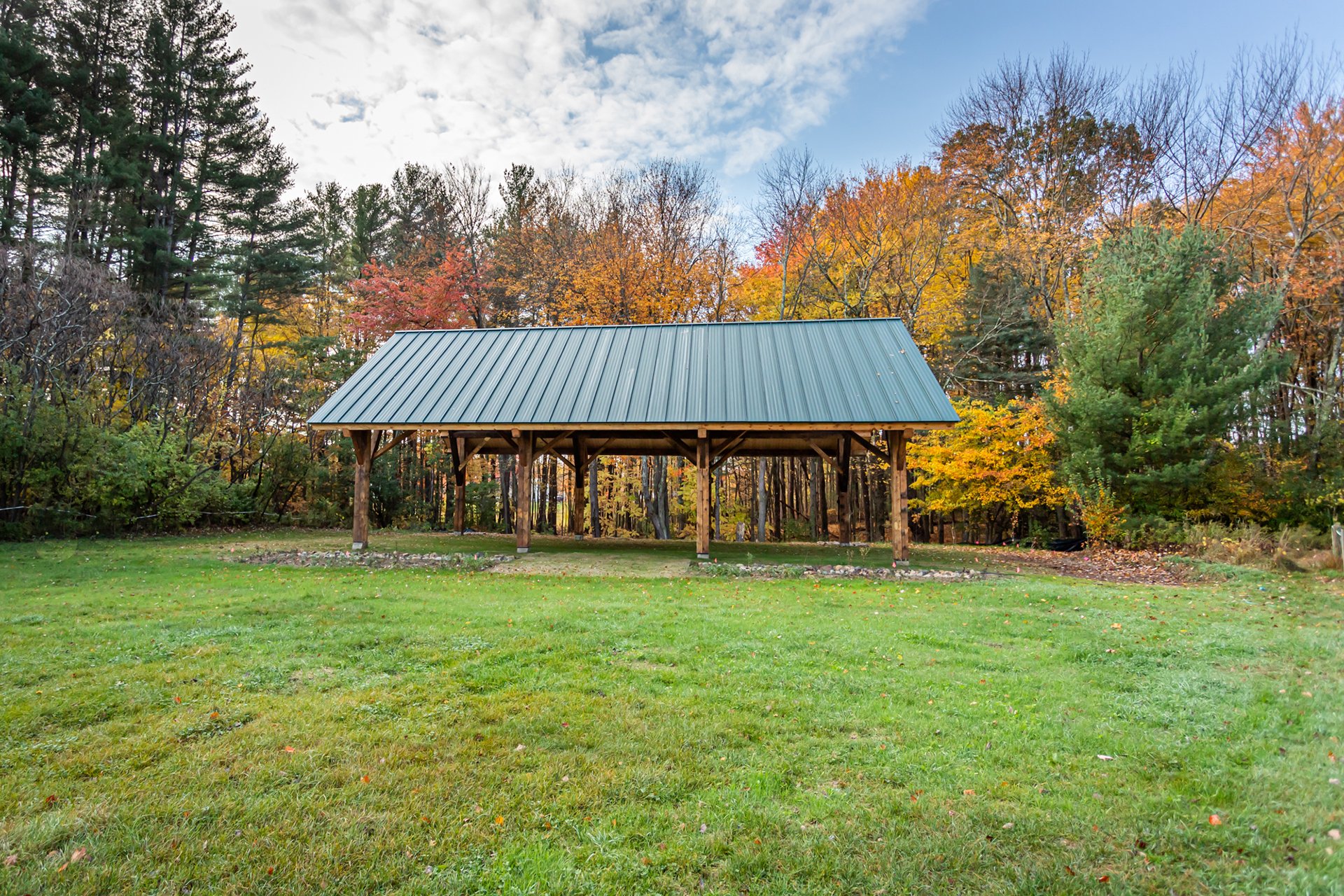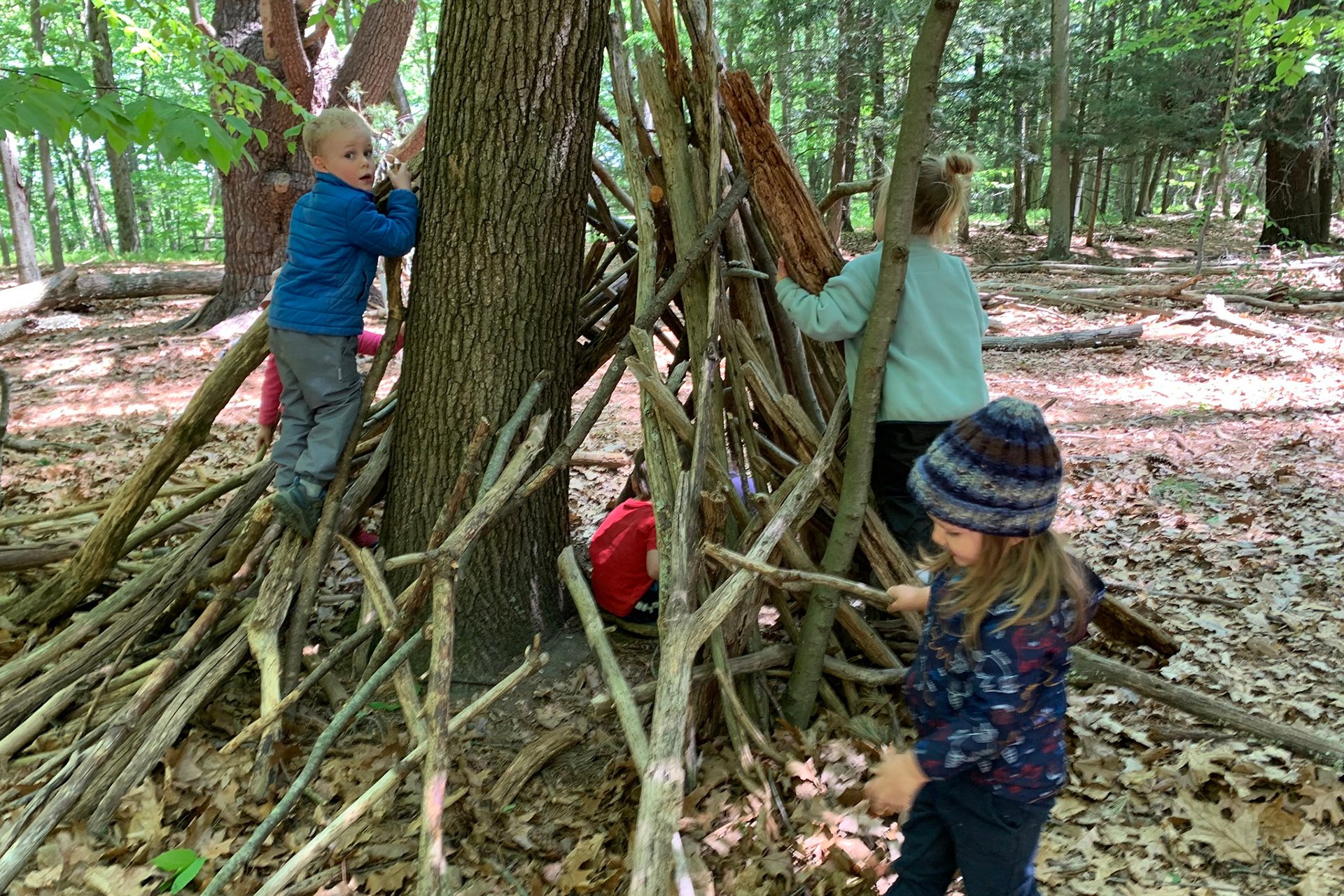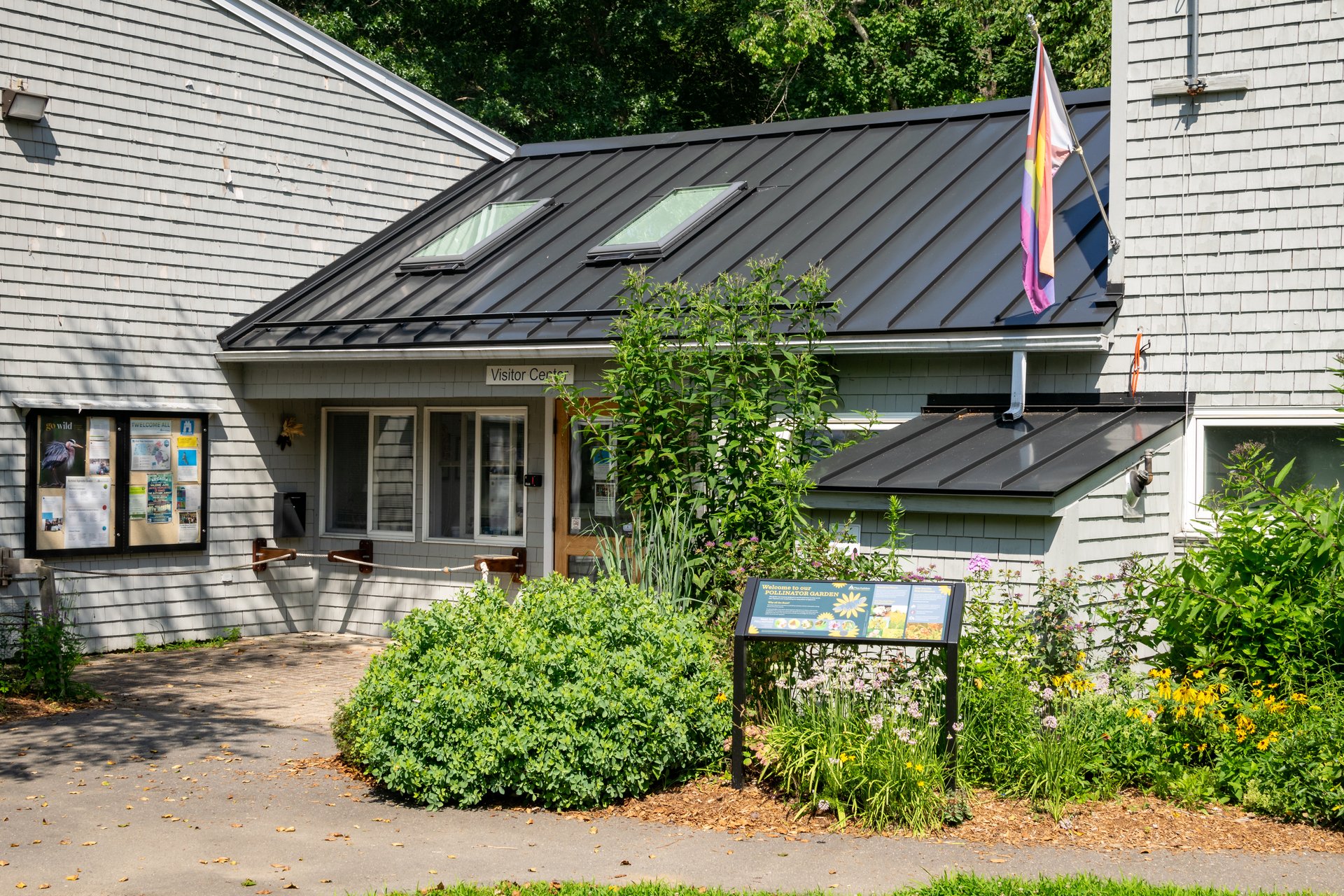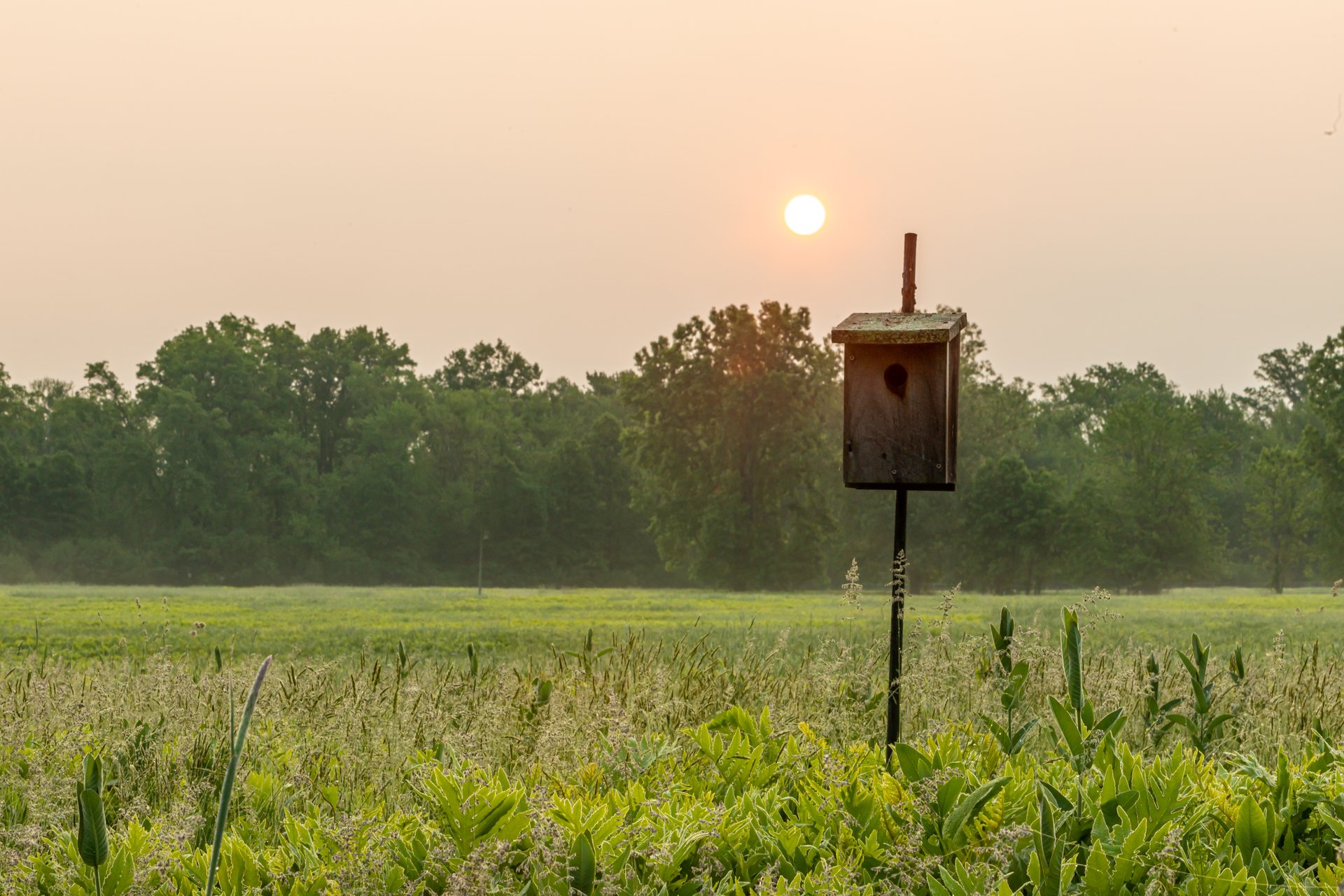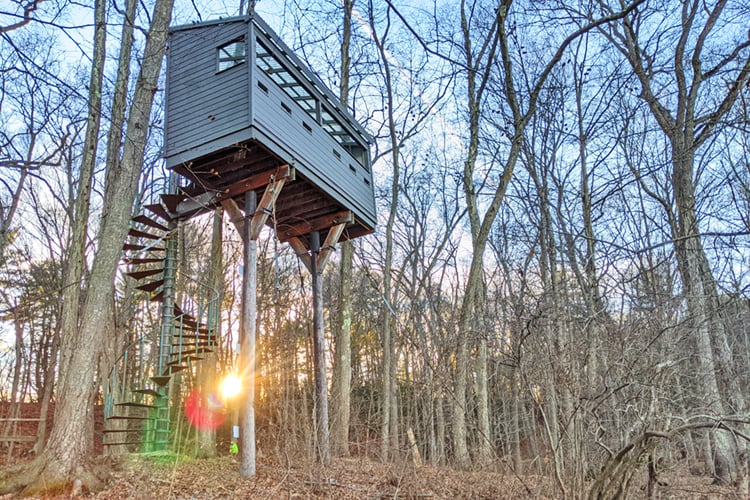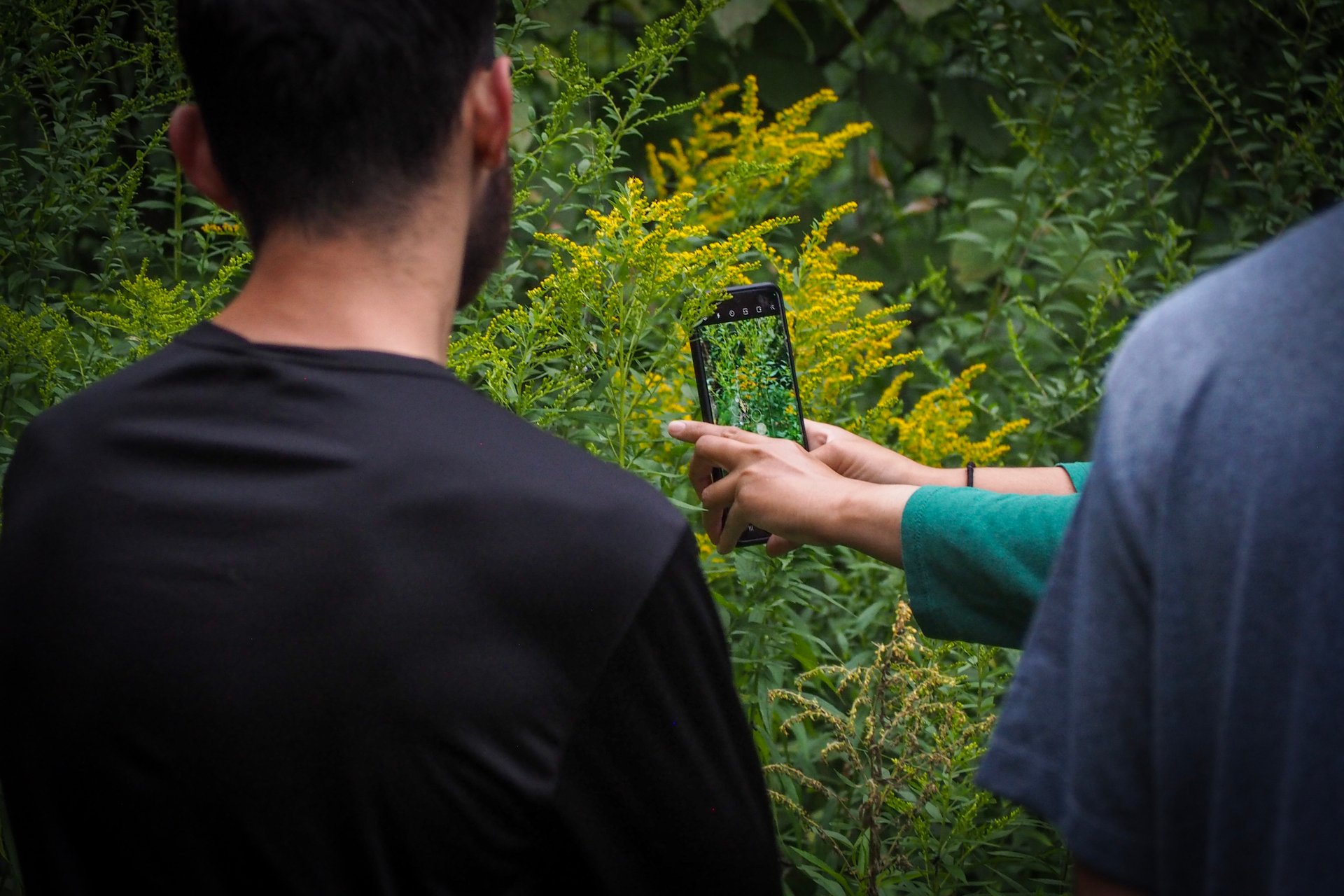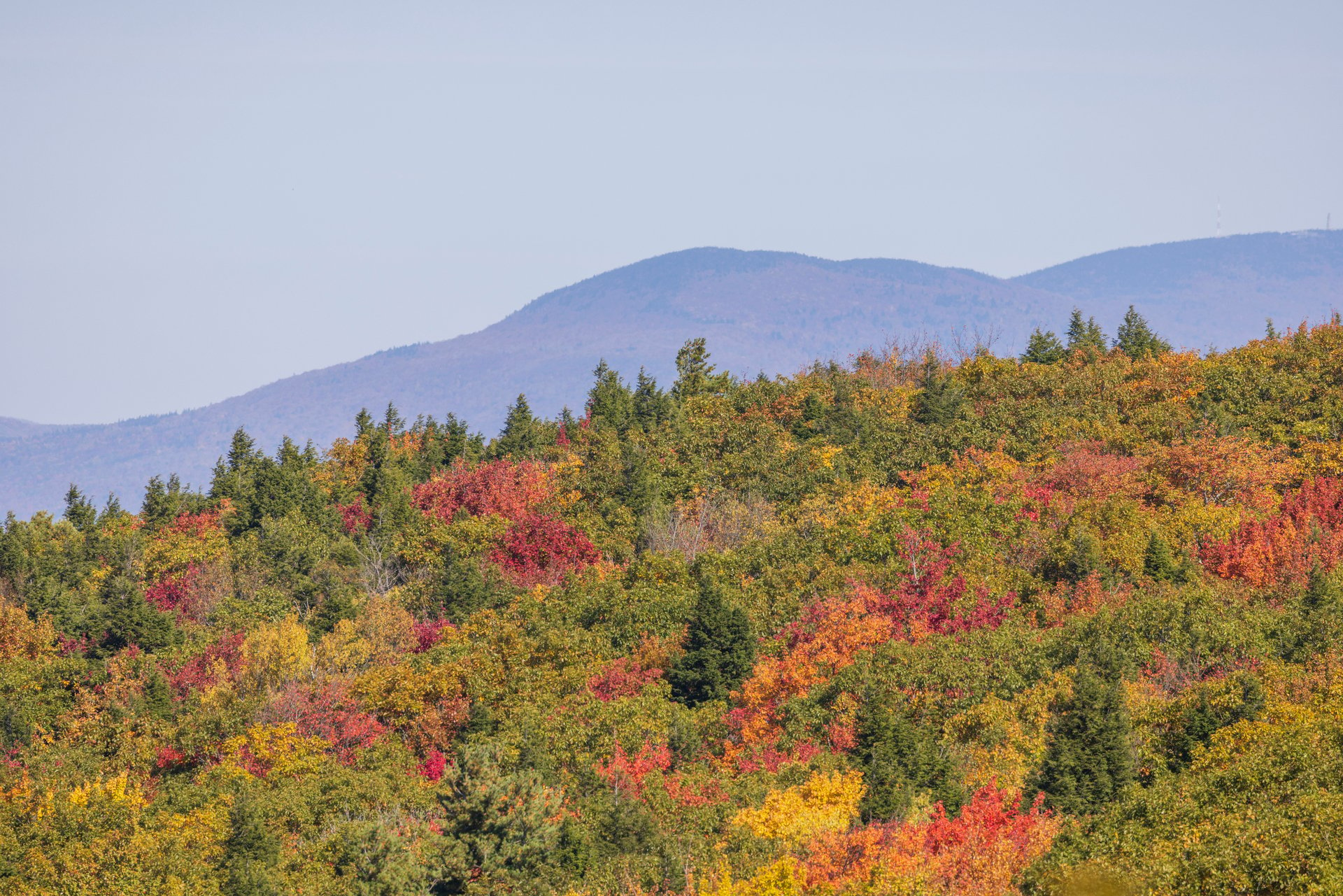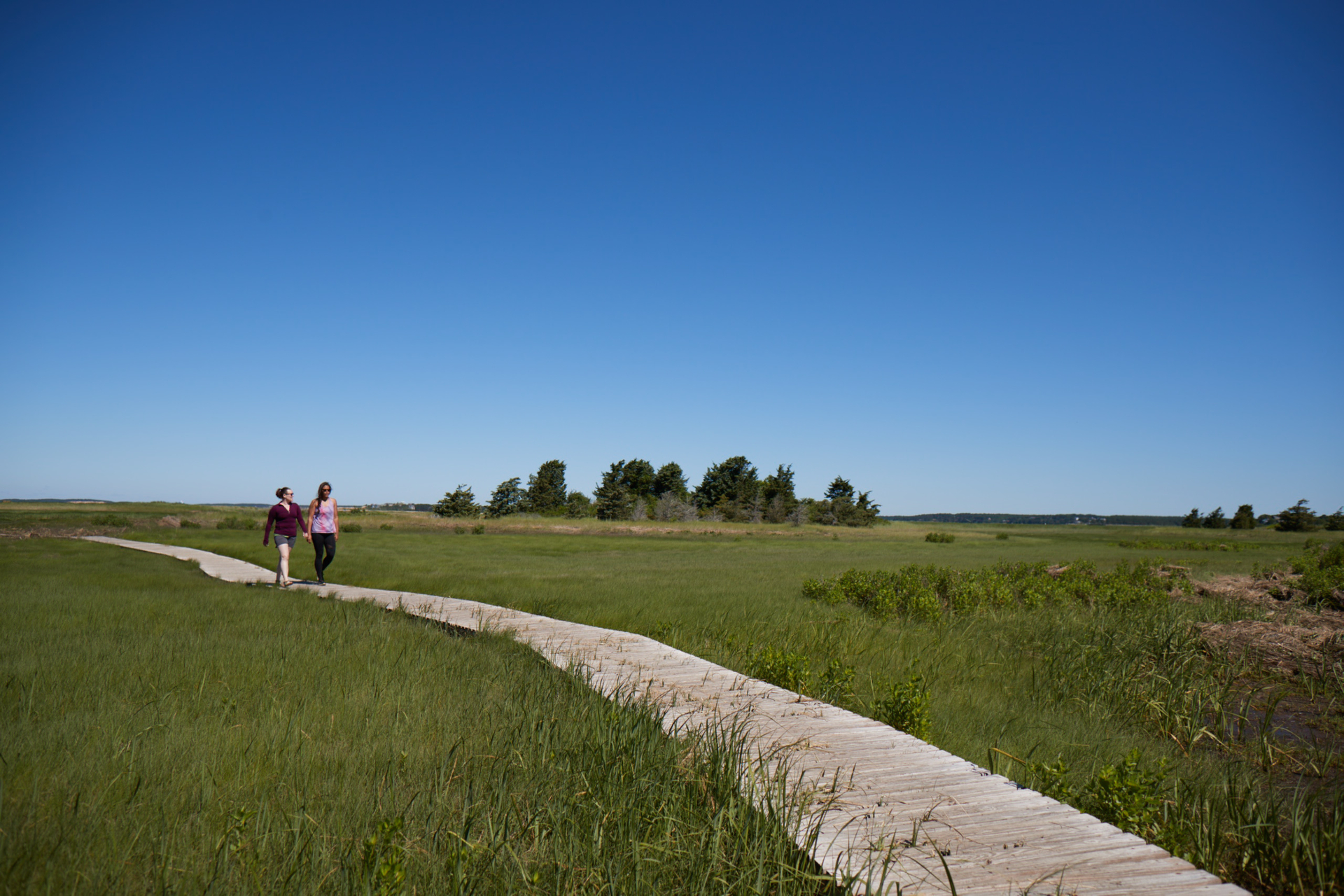Plan Your Visit
Spanning Easthampton and Northampton, Arcadia's diverse terrain of forest, meadows, grasslands, marsh, and wetlands attracts an extraordinary variety of birds and other wildlife. Explore 4 miles of trails, make art outdoors, take in expansive views from the observation tower, explore the Mill River by canoe, and embark on your next nature adventure in the Connecticut River Valley.
Hours
Nature Center
- Monday-Friday
- 9:00 am–3:00 pm
- Saturday
- 9:00 am–4:00 pm
- Sunday
- 9:00 am-3:00 pm
Trails
- Daily
- dawn to dusk
- 4 miles
- 850 feet
Admissions
- Adults $4
- Seniors (65+) $3
- Children (2-12) $3
Contact
127 Combs Road
Easthampton, MA 01027
Choose Your Path
Property Regulations
- Foot travel only; please stay on trails (day passes are available for powered mobility devices)
- Dog walking and horseback riding are prohibited; please leave all animals and pets at home (service animals welcome)
- Camping, collecting, smoking, hunting, fishing, releasing of animals, and feeding wildlife is prohibited.
- Commercial photography needs prior approval; please see all photography guidelines.
Facilities
Upcoming Programs
See moreCreepy Crawlies
-
Arcadia Wildlife Sanctuary, Easthampton
-
Wednesday, October 29
10:00-11:30am
Families - children 3 - 8 years
The Forests of Massachusetts: Past, Present, and Future
-
Arcadia Wildlife Sanctuary, Easthampton
-
Sunday, November 2
10:00am-2:00pm
Adults
Early Explorers: Seeds & Nuts
-
Arcadia Wildlife Sanctuary, Easthampton
-
Tuesday, November 4
10:00-11:30am
Families - children 3 - 5 years
Latest News
Turn Your Phone Into a Field Guide: 5 Apps Every Explorer Needs
Keep ReadingElevate Your Fall Hiking
Keep Reading10 Photogenic Nature Spots in Massachusetts
Keep ReadingStay Connected with Arcadia
Don’t miss a beat on all the ways you can get outdoors, celebrate nature, and get involved.



